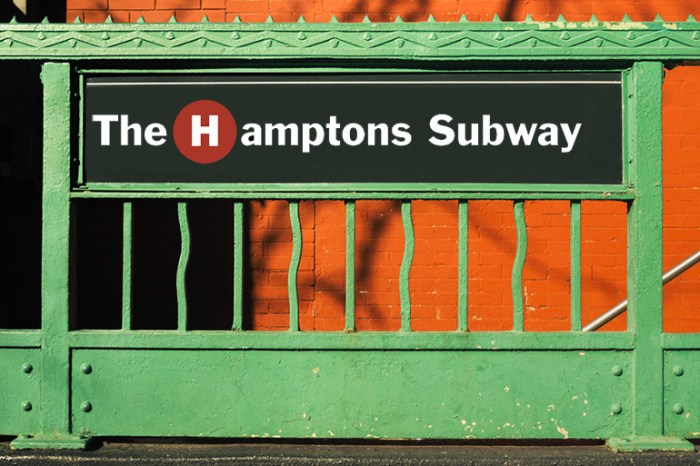
Hi. I’m Warner Tsang. I play soccer and am a senior at Great Neck South High School. I will tell you about my experience as a student-athlete.
I began my athletic journey at age five. I started playing intramurals and gradually escalated up the hierarchy of soccer as time progressed. I found myself playing on teams around Long Island and eventually nationally—teams from New Jersey to Florida to California. As my soccer endeavors increased, so did my aspirations to play at higher levels; thus, I developed an intrinsic appetite to play in college. This lifestyle influenced my school career in a multifaceted way.
For all the new parents with upcoming adolescents in the ranks, sports offer a unique and wonderful experience. All these years, I found an inner peace and emotional relief while playing sports that neither academics nor social lives could reproduce. Soccer provided a dynamic balance to my busy and erratic lifestyle as a student in the academic culture of Great Neck—a dynamic that provided me with emotional security for all my aspirations. To those who desire to have their kids play a sport at a young age, I say, “Go for it.” It’s a blessing to see the happiness on kids’ faces while they run around like chickens.
But, this lifestyle is quite multifaceted and I’d like to offer a comprehensive perspective of a student athlete. As time progresses, players only get better. As the adolescent grows older, he/she will endure many other responsibilities from school that will siphon the enjoyment that playing a sport offers. For those who continue their sports, competition will only increase the longer they play, eventually turning the initially fun environment into an environment of veiled cynicism.
This innate competition translates into a drive to play at an elite level, such as college or professionally, which is the stage I am currently in. At this point, those who want to fully succeed cannot turn back. With each sport, the competition begins to overwhelm many athletes and negatively influence studies: Athletes tend to prioritize their sport over academic feats, which hinders their abilities to succeed in the long run, unless they plan to play sports professionally which, realistically, is extremely, extremely unlikely. The fickle influence of athletics attributes to why many people quit in high school to focus on academics.
So, sports are weird. They’re good, but they’re bad. They’re fun, but they’re not fun. Speaking from the perspective of a student-athlete, it all depends on the child’s values. The child—whether he/she wants to play professionally, for college or for fun—ultimately determines his/her own path. As for the parents, the most important thing is to support the child’s decision and provide the appropriate guidance.

































